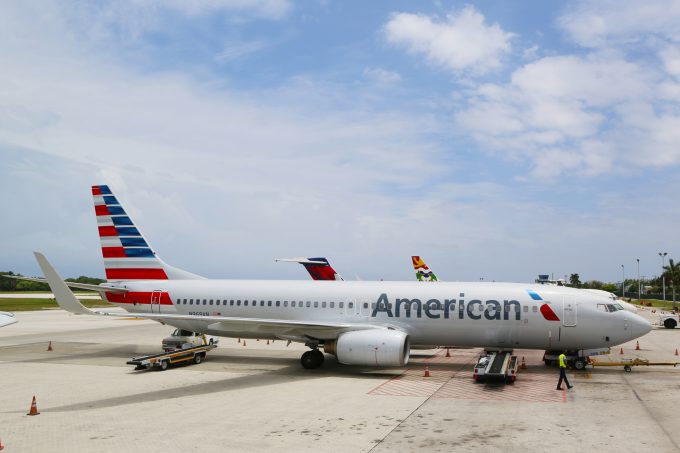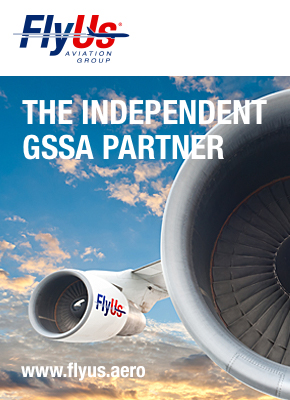
American Airlines and Delta are shifting gears, putting more focus on their cargo business.
While Dallas/Fort Worth-based American is set to double its cargo flights in September, Delta is getting ready to remove seats from widebody planes to maximise payload capability.
American plans to operate more than 1,000 cargo flights next month – more than double this month’s tally – serving a network of 32 cities, more than supplementing the cargo revenue from the more than 1,200 passenger flights it has scheduled for September.
The carrier was relatively slow to build up its cargo flights; having started in March with 20 moves to two destinations, it gradually built up the operation. Between late March and mid-July, it ran 1,224 cargo missions, moving in excess of 22,500 tons of cargo.
“We didn’t have a playbook. We’d never done this before,” said Maulin Vakil, director of cargo revenue at the time. “We began to explore how much cargo we could take if we couldn’t transport passengers.”
Rival United Airlines was faster out of the starting blocks, and rapidly scaled up its cargo flights to a sizeable network, with 270 flights a week, connecting more than 20 airports. Between late March and the end of June it carried out 3,800 flights, hauling 102,000 tons.
This generated cargo revenues of $402m in the second quarter for United, up 36.3% year on year, while passenger revenues plummeted 87%, resulting in a $1.6bn net loss.
In contrast, American’s cargo revenue in the quarter amounted to $130m, down 41% year on year. Delta reported $108m in cargo revenue for the period, a drop of 41.9%.
United Cargo president Jan Krems has signalled that his outfit would continue its cargo flights, pointing to a global shortage of capacity which should keep yields relatively high, albeit lower than in April and March when PPE charters commanded stratospheric rates. Apparently, American and Delta have come to a similar conclusion.
There are also hopes among airline executives that new product launches and the introduction of Covid-19 vaccine will create surges in demand to lift yields further.
Moreover, the restart of passenger flights has been hit by new surges in Covid-19 infections, which forced carriers to scale back their expansion, auguring further pain in the passenger business. During its Q2 earnings call last month, American CEO Doug Parker said the airline would continue to downsize while business and leisure travel remained depressed.
Delta, meanwhile, is poised to remove seats from a number of passenger widebodies and has submitted the requisite documents to the US Federal Aviation Administration (FAA) for certification. The airline has not disclosed how many planes it intends to modify.
The US overall has been slow to move on this front: it was not until July that the FAA gave its blessing to airlines taking out seats and transporting cargo in the cabin. Air Canada started cargo flights with seatless B777s in mid-April, having obtained approval from Canadian authorities within a week.
United and American have studied the concept, but say that so far they do not want to pursue this avenue.



